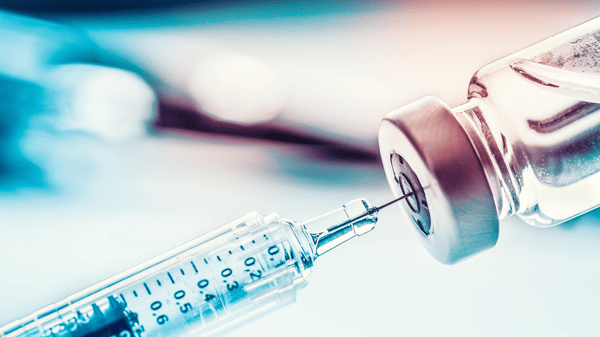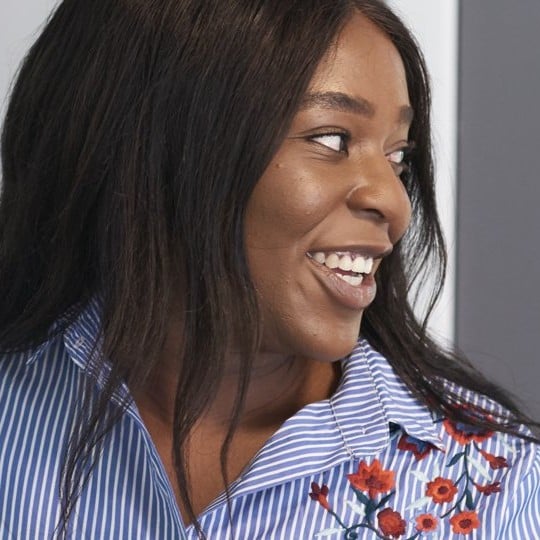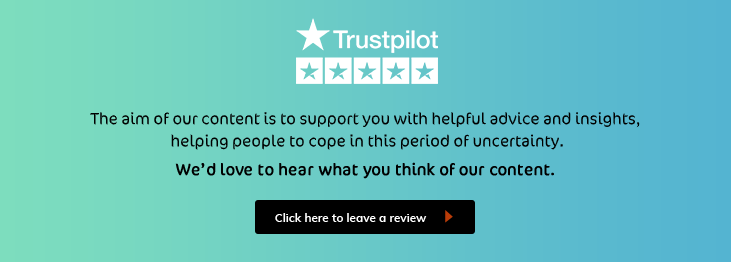A key hope in the fight against COVID-19 is the development of an effective vaccine. Barely a day goes by without media reports of ‘significant developments,’ but what’s the reality?
![]()

The basic principle of vaccination is getting your body ‘trained’ or ‘primed’ to deal with infection quickly and without serious illness developing. This is done by harnessing the power of the immune system; a sophisticated constellation of cells, molecules and chemicals that work in harmony to help protect the body from invasion by nasty illness-causing bugs (or pathogens) such as bacteria and viruses. When we are exposed to a pathogen, our bodies mount an immune response that aims to kill it off. Once the pathogen has been dealt with, our clever immune systems ‘remember’ it through memory cells. This means that when the same pathogen gets into the body again, we can quickly assemble an army of cells to see off said pathogen before it can cause harm. It’s this process that vaccination uses to benefit health on a large scale.
While the principle seems quite straightforward, the reality is that developing a safe and effective vaccine is extremely complex. Ordinarily, the time from laboratory to a vaccine being available takes years and is a multi-step process. First, the pathogen that causes a particular illness has to be identified and studied as to how it causes damage to the cells in the human body. Then, large numbers of the pathogen have to be grown in the lab (‘culturing’), under tightly controlled conditions to prevent accidental spread. Pathogens don’t get injected into the human body without undergoing modifications; this includes processes to weaken them or chopping them up so only the parts that cause the immune response are used.
Vaccination programmes involve huge swathes of populations, so it’s essential a vaccine is proven to be both safe and effective. Researchers will typically work to a phased development programme (as is the case with all medicines) in order to explore safety and effectiveness. Pre-clinical studies involve tests of a vaccine before it goes into humans, to understand the effects it has and also for initial safety observations. At the next stages, phase I & phase II, vaccines are studied in humans (albeit in small numbers) to find out more about what the vaccine does to the human body and also what the human body does to it. Once a possible (or ‘candidate’) vaccine has successfully gone through these phases, at phase III it will be tested in larger human populations. When sufficient evidence is gathered, an independent organisation, such as the MHRA (Medicines & Healthcare Regulatory Agency) in the UK, will independently review the data and decide whether or not the vaccine can be used in the public.
As regards COVID-19, massive efforts across the globe are currently on-going in the race for a vaccine. In the UK, a government taskforce has been set up with the aim of ensuring that we have access to clinically effective and safe vaccines as soon as possible. The causative pathogen of COVID-19 is part of a family of coronaviruses that have caused trouble in the last couple of decades (remember SARS – severe acute respiratory syndrome). Past work on vaccines for SARS and other members of the coronavirus family means the research isn’t starting from scratch. The World Health Organisation (WHO) is tracking the status of research programmes; according to their website as of the 27th July 2020 there are 25 vaccines against COVID-19 in clinical evaluation (phase I/II/III studies), and five of those are identified as being in phase III studies. In addition, there are a further 139 candidate vaccines at the pre-clinical stage. Even with all these endeavours, however, experts estimate it might be 12-18 months before a vaccine is available, and it's still not known whether a safe and effective COVID-19 vaccine is possible. There’s still a lot of work to do, so in the meantime, follow the NHS and UK government advice on what you can do to stop yourself catching this illness.
This is a financial promotion.
Health Shield Friendly Society Limited is authorised by the Prudential Regulation Authority and regulated by the Financial Conduct Authority and the Prudential Regulation Authority.
.jpg)


